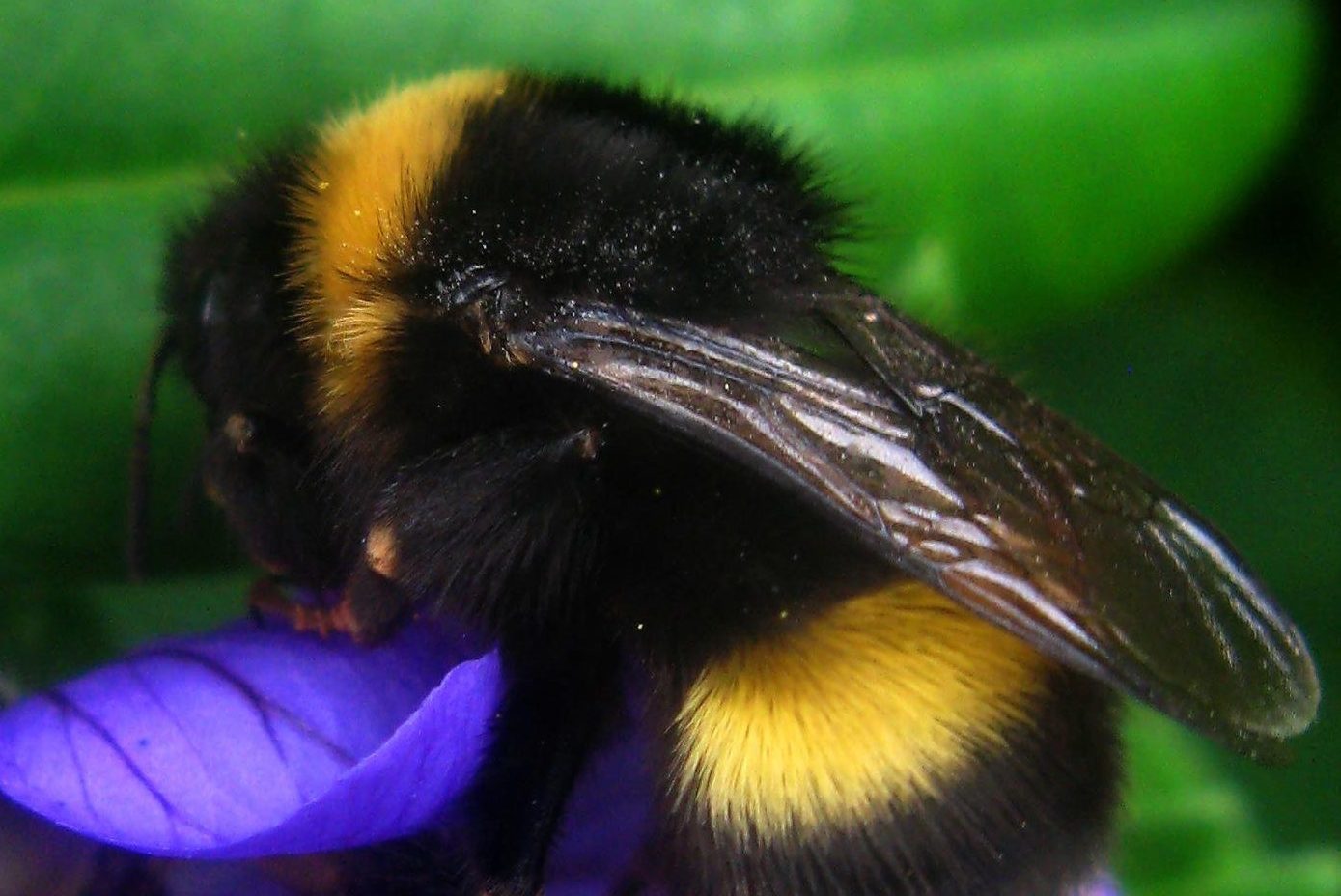
MORE than three-quarters of British consumers believe that retailers should not sell plants grown with pesticides that are harmful to bees, a poll suggests.
Friends of the Earth said garden centres and other plant retailers were under increasing pressure to ensure that the plants they sell are free from pesticides linked to bee decline after the YouGov survey for the environmental charity found 78% of the public agreed they should not stock them.
The poll follows a study released last week that found retailers are selling supposedly “bee-friendly” plants that contain high levels of dangerous insecticides.
Researchers bought 29 such flowers from five different companies, four major retailers and one local nursery and found all but two were contaminated with pesticides or fungicides and more than 70% contained the controversial neonicotinoid chemicals which have been shown to cause significant harm to bees.
Writing in a paper to be published in the journal Environmental Pollution, academics from Sussex and Padova universities said: “Garden centres frequently market nectar and pollen-rich ornamental plants as ‘pollinator-friendly’.
“However these plants are often treated with pesticides during their production.
“There is little information on the nature of pesticide residues present at the point of purchase and whether these plants may actually pose a threat to, rather than benefit, the health of pollinating insects.”
B&Q announced earlier this month that all flowering plants it sold would be grown free from pesticides linked to bee declines as part of efforts to help wildlife.
B&Q has banned suppliers from using any of the nine neonicotinoid pesticides in growing its flowering plant range available from next February.
It follows its ban, ahead of legislation, on the sale of pest control products containing the three neonicotinoids most linked to bee declines.
Research suggests neonicotinoids damage bees’ ability to forage and navigate as well as colony growth, and three key pesticides were banned by the EU in 2013 for use on crops attractive to honeybees and in consumer products.
The Friends of the Earth poll also found that 61% of Britons would consider planting “bee friendly” plants in their garden and 50% would consider avoiding pesticides.
Friends of the Earth chief executive Craig Bennett said: “Garden centres and retailers must listen to the public and ensure that their garden plants aren’t grown with pesticides that could harm our bees and other pollinators.
“People are concerned about the plight of Britain’s bees and are keen to help them, as our survey shows.”
The findings coincide with launch of the annual Great British Bee Count, which runs until June 30 and aims to help people learn more about bees.

Enjoy the convenience of having The Sunday Post delivered as a digital ePaper straight to your smartphone, tablet or computer.
Subscribe for only £5.49 a month and enjoy all the benefits of the printed paper as a digital replica.
Subscribe